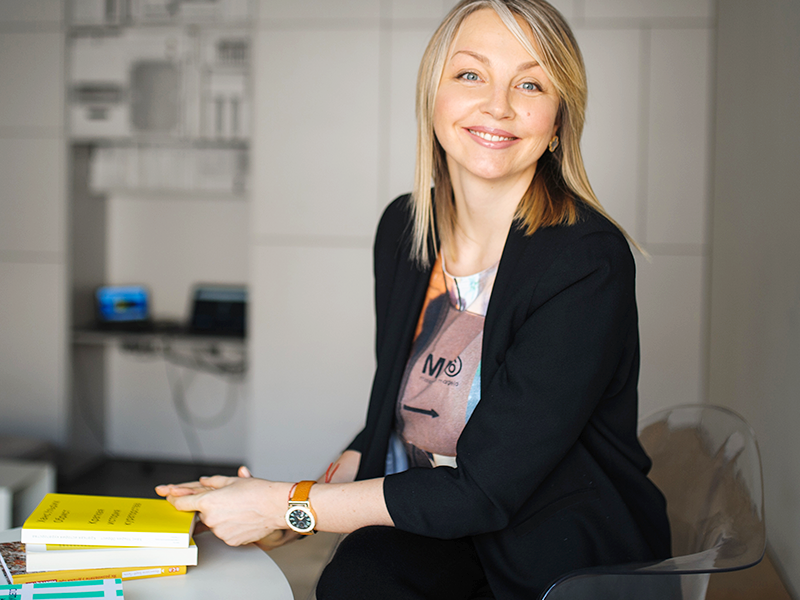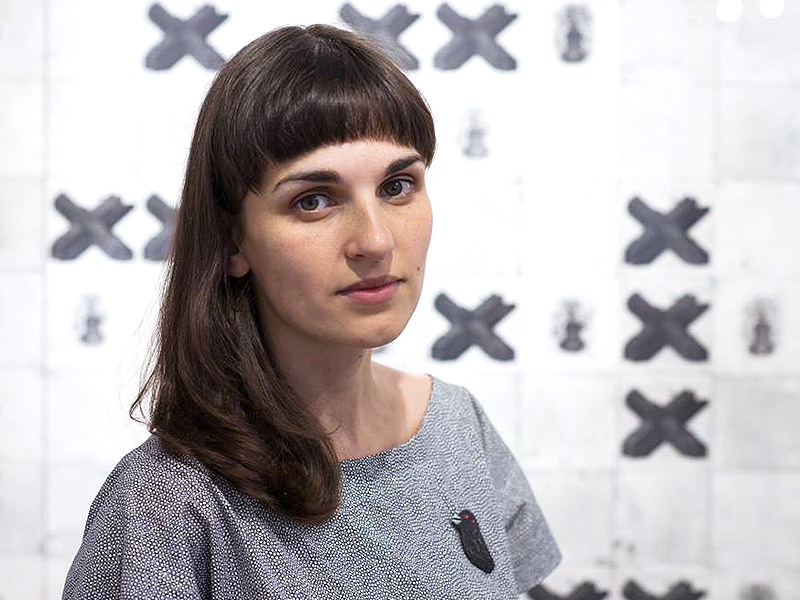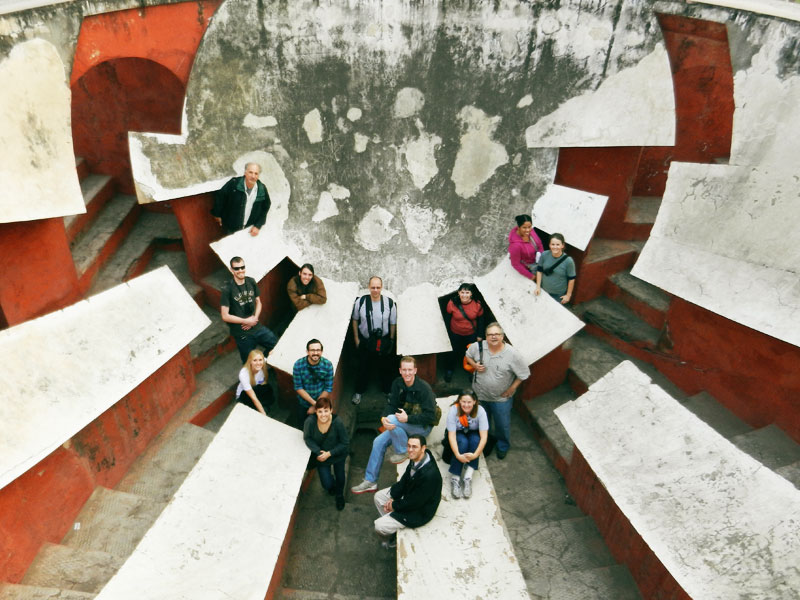
NATALIYA ZHEVAGO: “IT IS NOT THE SUBJECT THAT SHOULD BE RETAUGHT, BUT THE METHODS OF INTERACTION WITH THE AUDIENCE”
Culture and needs
What is the Cultural Project today is not exactly the same idea that I had in mind at the start. Today, we are committed to creating an institution that advocates humanities at all levels. Our regular programmes represent platforms for projects that can change the situation in education for the better. Particularly now when a certain fault is felt, new spaces are being offered for possibilities. All those who work for the Cultural Project are united in the belief that it is culture that lies at the heart of humanity’s movement along Maslow’s pyramid, an instrument for qualitative personal growth.
The three tasks of the education system
We do not separate ourselves from the education system and do not reject the idea that education can radically change the future. In this sector, we can get a head start, get ahead of Western institutions a thousand times more effectively. They are big, they work, but changing them is more difficult, as the system has already ossified. Our system has not only ossified but is ineffective, too. But I see possibilities not of repairing it, but building it again from scratch.
Even if we wanted to adopt the education system of another country we will not be able to do it. In any case, it will be transformed under the influence of the environment. I think that is better to analyse and understand what could grow on our soil. I am quite optimistic because our parents are very willing to teach their children. The vast majority of mums and dads are convinced that their children must get a higher education. The existing system cannot be taken down in one fell swoop. It is a huge structure that has some good things. It is an army of people! The conditions should be created so that the education programme itself would require change. Form leads to content, and content leads to form. It is not the subject that should be retaught, but the methods of interaction with the audience.
.png)
The Cultural Project sets certain standards and by doing so provokes education systems. We are in permanent dialogue with it. Albeit, a unilateral one for now… The system may not hear us, may ignore us, but we continue to point out its weaknesses. In reality, we are a concentrate of what the system is missing. To sum up, we can name three fundamental things that the traditional education system does not provide people with, although it should. First, love of reading, the process itself. It gives children an understanding that stories are “woven” into books. Secondly, critical thinking to train the ability to analyse, choose and make decisions. It is a very important factor that should permeate all subjects and not just the humanities. Thirdly, an emotional experience of art. We can know the biographies of scientists and composers, facts and histories… But that does not teach us how, setting aside analysis and reason, to deal and experience it.
A simple entry to the history of humanity
When a person chooses a profession, he is in search of inspiration. He is looking for something for which it would be worth to take a long and difficult path. It is with this inspiration that all Western culture is imbued. The only question is where is the entry point. The Cultural Project is only a single (and almost the only?) small door, a place of access to knowledge. Whereas there should be a million such doors in a fully functioning cultural layer. So that you have the ability to discover, for example, opera. And realise that one can live from that, that in this sphere too there is an incredible number of things happening now.

Our megatask is to provide simple entries to the history of humanity. Not all people have the vision that everything in the world is interconnected. Therefore, the most important thing we share is a systematic approach. One of the ideas we are working on now is “A theme, a day”. For example, “The History of Western Culture”. A person comes to us in the morning, and in the evening leaves with a complete picture. Of course, broad strokes, but with a full understanding that music, philosophy, architecture are parts of a whole and that any categorisation is artificial. We provide the tools but one has to go further on his own: read, look, travel… Because the most important thing is that one should know in what direction to go.
A laboratory of knowledge
Two years ago we realised that our task is much more than merely providing knowledge – we bring people together. We created workshop programmes where you can communicate with the lecturer and other participants after the lecture. For those who decide to undertake this experience have a breakthrough – a new community of people is formed. They continue to communicate outside the auditorium, learn and find out more, having the support of one another. Becoming aware of this function makes many things clearer for us. It is important for us to build new communities around knowledge. It is a reason of sorts for bringing people together, those who experience cultural thirst and wish to obtain the desired quality of communication.

At the “Cultural Project”, the creation of new themes and the search for a lecturer are additional underground tunnels that sooner or later have to be faced. Sometimes we are really lucky when a person comes to us, and it becomes clear that he can, he has the talent of sharing. There are few extrovert lecturers who could fully reveal the beauty of building connections between phenomena and events. But experience proves that this skill can be trained.
I like the fact that we have our own laboratory whose members are authorities in their own fields. They are inspired by what is happening at the Cultural Project. They see that apart from a disciplined vacuum and hermetic scientific environment there is something else, something quite alive. Of course, many are jarred by our popularising format (People who regard their fields with piety, perceive our desire to simplify and speak the people’s language as an offense. But popularising complex things is also a mission. And not everyone is up to it.




